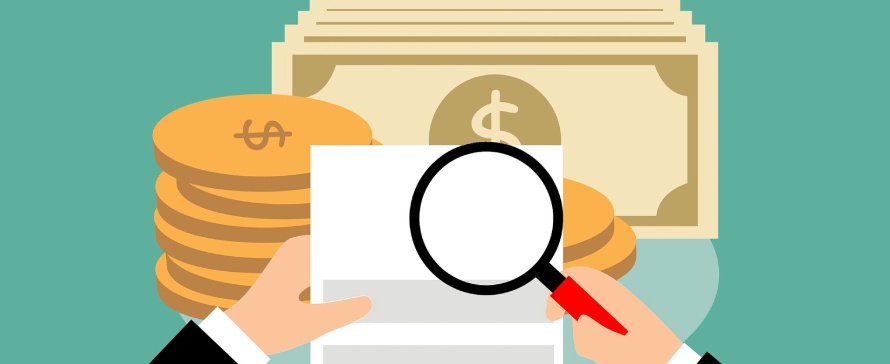Listen to this article
At ESAO, we want to approach tariffs in the US and the problem this is causing to European olive oil.
First of all, we have to know that the World Trade Organization is an association of all the countries in the world created to regulate international trade policies.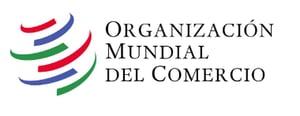
On October 18, 2019, US tariffs on EU agricultural products entered into force.
A 25% tariff was applied to bottled olive oil, i.e. EU olive oil would be loaded with 25% more price than the American.
But in order to better understand, we should go back to the beginning of this dispute; Otherwise, we cannot understand the situation that has been created, and that we, as part of the olive oil sector, should know.
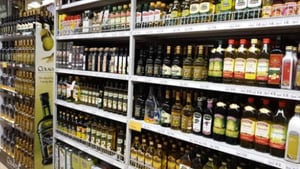
The origin is related to the dispute between two airlines, one from the US - Boeing -, and another from Europe - Airbus-.
The European company, Airbus, has been and is receiving a series of grants from the countries of the European Union, and is also financed with very low-interest rates.
These two things, both subsidies and very low-interest rates, make Airbus more competitive than Boeing. Therefore, many airline buyers, even American buyers, are choosing the European brand Airbus over the American brand Boeing.
Given this situation, Donald Trump went to the World Trade Organization with this argument of subsidies and interest rates, and they agreed that he was right.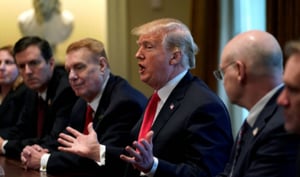
The organization recognized that Europe is subsidizing Airbus and, for this reason, the US has the right to impose a tariff of up to 7.5 billion dollars.
But, why is this situation affecting Agriculture and Olive Oil?
The US buys much more than it sells, that is, it imports much more than it exports. This trade deficit, is in the first place with China and in second place with Europe.
To correct this situation, they use Tariffs.
What is a tariff?
Imagine any agricultural product, in this case we will use olive oil, and let's see what are its production costs in the US vs Europe. Olive oil produced in the US is much more expensive than produced in Europe. What American consumers perceive is that EU products are cheaper, and so they buy the European product and stop buying the American. The US farmers do not accept this situation, they feel uncomfortable, but the American consumer is happy because he is buying many cheap products.
To alleviate this situation, Donald Trump imposes a 25% tax on European products, thus becoming more expensive than the American.This way, the American consumer buys American products and the farmer has gone to a better situation being happier, despite the fact that the final consumer is not so happy or so benefited. Obviously, this situation affects European products, such as olive oil.
Europe will probably go to the World Trade Organization to request tariffs on American products, which will make more expensive for us to buy American products.
What you need to understand is: Why does the World Trade Organization agree with the US?
American olive growers are like Spanish olive growers.
From the agriculture point of view, which is what interests us for olive oil, what the World Trade Organization says is that the production costs and the value of EU agricultural products, for example oil olive, are actually higher and do not relate to the price for which they are selling.
The product is really more expensive than the value given in Europe. This happens because the EU has subsidized oil, as well as is subsidizing agriculture in general.
The real cost of producing would be higher than it really is and it is lower than those of the US (before tariffs); but because it has a subsidy, that is why without tariffs the Spanish product stays lower than in USA.
This is what the World Trade Organization has proved right.
The EU subsidizes its agricultural products because it has an agrarian policy, as it subsidizes Airbus, they have it as a policy ... with this policy, what the US says is that we are breaking the market.
What the US is doing is negotiating, and it uses agriculture because it is where there is repercussion and there can be political pressure, given that farmers do go out and can press.
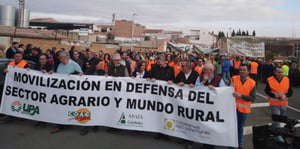
It is true that in the end, those who pay (in this case farmers and consumers) are not responsible for the political tensions; and it is also true that olive oil is suffering, given that European olive oil has risen its price.
But this rise, instead of increasing the income of the farmers, is increasing the price for the final consumer who buys European Olive Oil and a decrease in demand of the producer.
.png)
